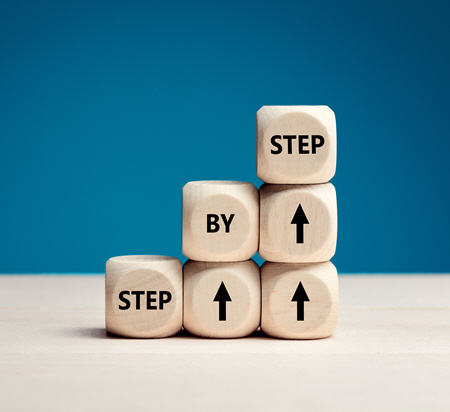 Stuck and spinning your wheels…
Stuck and spinning your wheels…
You’ve tried it all – medication, gurus, self-help, and retreats.
You went to that retreat, and everything changed. But here, these old “enemies” are again.
The same old thoughts and memories. The same old feelings. The same old mistakes.
What is even worse is what will happen if you don’t fix this.
“My marriage, my career, my future. I’ve got to change, but how?”
How to get out of neutral…
“What if it is my lens and how I see the world and myself?”
If your life could have been fixed in five easy steps, you would have done it by now.
But by working with me, you will learn how to come back to the present moment, create space with difficult thoughts and feelings, be clear on what matters most, and take effective action toward it.
More than that, you will get a partner working with you to apply the right tool in the right situation.
Here’s how we’ll start (and what we’ll do after that)…
The first session is considered the intake session. It’s a 90 minute comprehensive interview to gain clarity about what brings you to therapy. This is a 360-degree snapshot of your current situation and what’s led to it—all the relevant aspects of your relational, financial, social, medical, and spiritual life.
If you’re like most of my clients, you’ll find that sharing your story, reflecting on your life, and clarifying where you want to go is a powerful experience.
Our work together will be all about helping you get clear and noticing what works in your life.
 A typical therapy session…
A typical therapy session…
… usually starts with a brief mindfulness exercise. Mindfulness is simply paying attention to the present moment without judgment and holding your awareness with kindness. By the way – there is a timeframe for depression and anxiety. Can you guess them (past, present, or future)? By learning to develop present-moment skills and nonjudgment, you supercharge your abilities to forge new pathways in your life (and your brain). Our mindfulness practice at the beginning of our session gets us grounded and into that session. It makes our time more productive and valuable.
We will then discuss your agenda for the session. We co-create this. I recognize each time we meet that we are never entering the same river twice. We will begin our meeting by clarifying what we must discuss together that day. You will start and share what you would like to tackle (and having no agenda is okay), and then I will discuss different paths that we may pursue.
Together, we will map our path forward.
We’ll also review any experiments you’ve tried between sessions. These experiments range from practicing mindfulness to setting up a morning routine to saying “no” at least once a day for arbitrary reasons. (If you are the people-pleasing type, this can be a fun experiment.).
These experiments are key because committed action is vital to creating a richer and more meaningful life. You do not have to be trapped by the word machine between your ears. However, just reading this passage now will not help you change. You will learn from your experience – both in-session and outside our meetings.
These exercises help you create distance with complex thoughts and feelings, practice present-moment awareness, or identify what matters most to you.
For those of you into “Evidence-Based Practice,” the above tools and strategies from Acceptance and Commitment Therapy (ACT) have research support (APA Division 12) for Anxiety, Chronic Pain, Depression, and even Psychosis.
 Measuring your progress…
Measuring your progress…
We’ll do it by measuring increases in your psychological flexibility and your self-report of moving toward a more meaningful life. As you gain psychological flexibility, you’ll be able to stay in the present moment, be clear about who you are and what’s important to you, approach difficult thoughts and feelings, and do what you need to do in the here and now.
You’ll walk away with a different way of experiencing the world and yourself!
The frequency of therapy will proceed based on your needs and goals. I meet with people as often as twice per week but recommend that we meet at least every other week during the beginning stages of therapy.
Additional tools at our disposal:
Also, as we work together, we have the option to integrate different modalities and tools. This includes tools such as Neurofeedback that train your brain to function optimally.
Personality assessments can clarify and bring awareness to how you view and experience the world. The feedback can help clarify areas of strengths and weaknesses. Another assessment can help clarify the symptoms you are experiencing and help with treatment planning (e.g., if the depression is more physical, emotional, or cognitive).
Sleep optimization – if you are not getting enough or good quality sleep (and that is pretty much all of us these days)! Sleep is an excellent target. Poor sleep worsens our mood and our thinking.
In summary, you get a total package of holistic and comprehensive care. And a different approach goes beyond the trap of that word machine between your ears.
It is time to get in gear!
You have played this chess match in your head for long enough. Now you can get some tractions! Let’s work together to help your struggle bring you where you intend to go. You’ll no longer be weighed down by your stories, past, or judgments.
Let’s walk into the light of your own life. Let’s begin that journey now.
When you are ready to begin to live again, call us at (832) 831-0178. We look forward to showing up with you for the road ahead.

